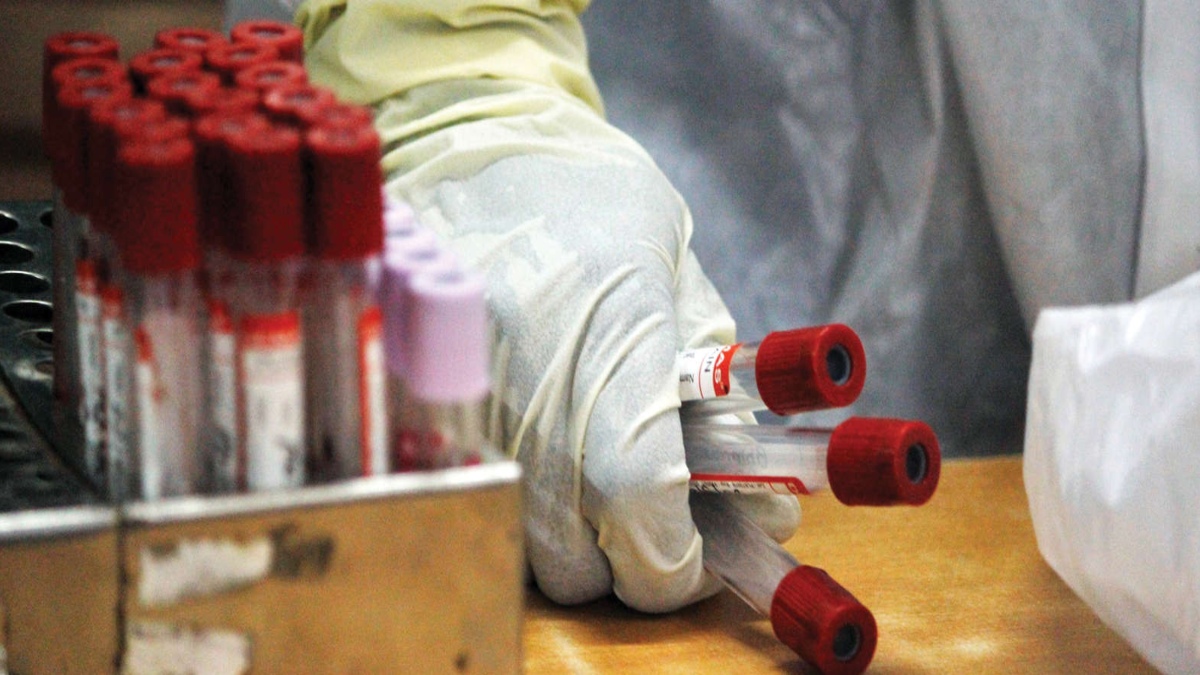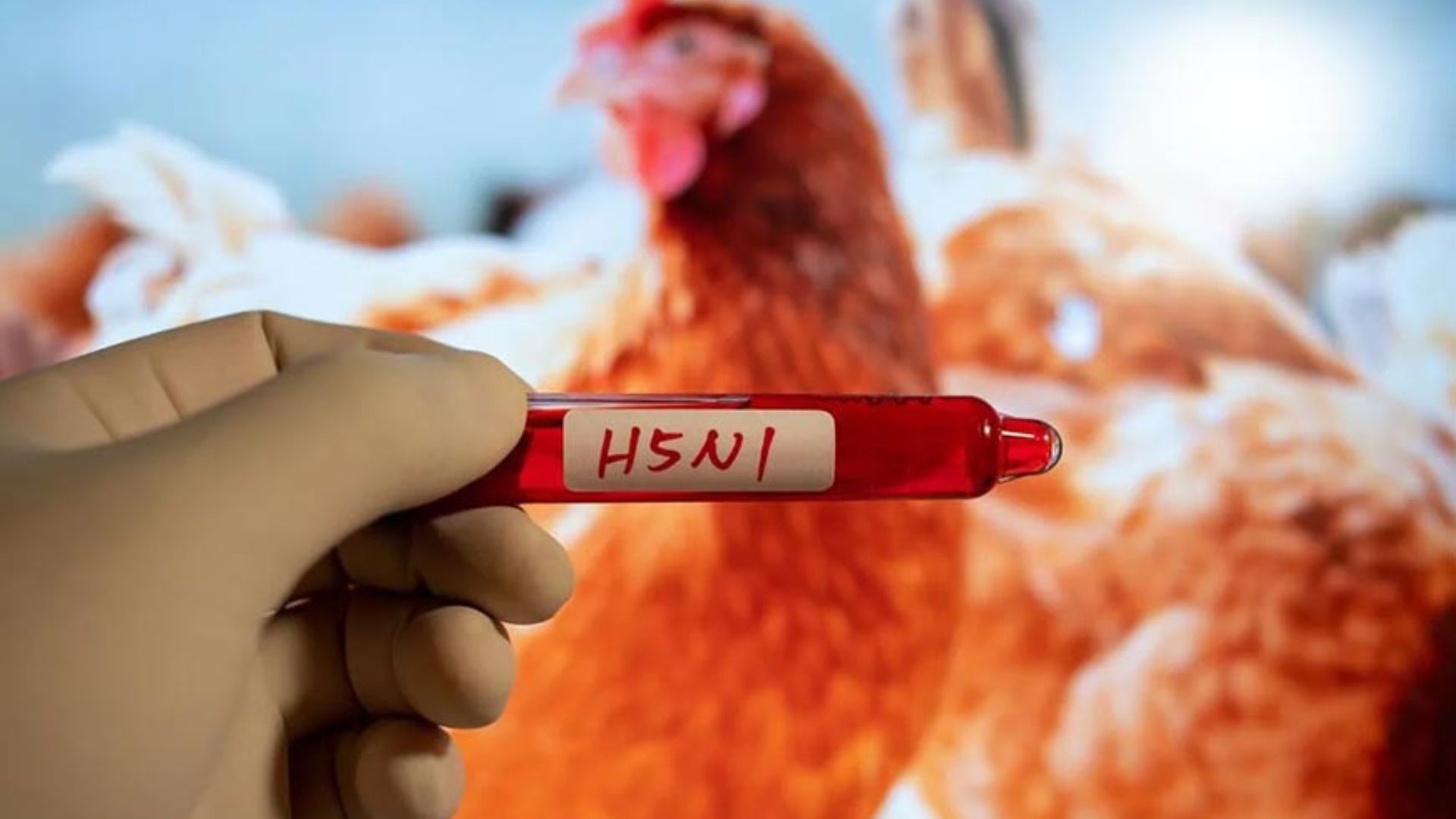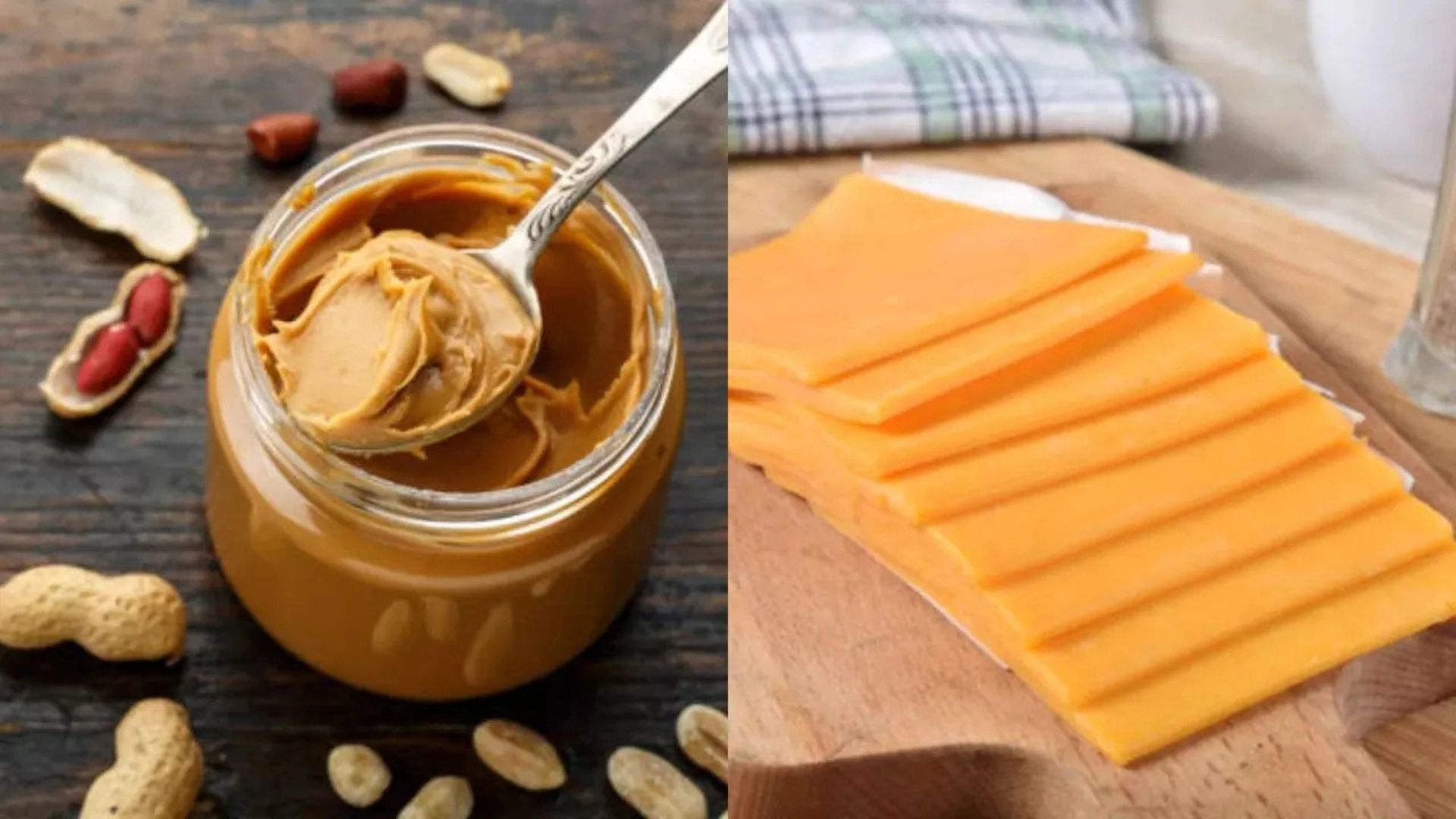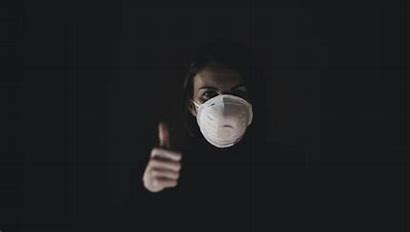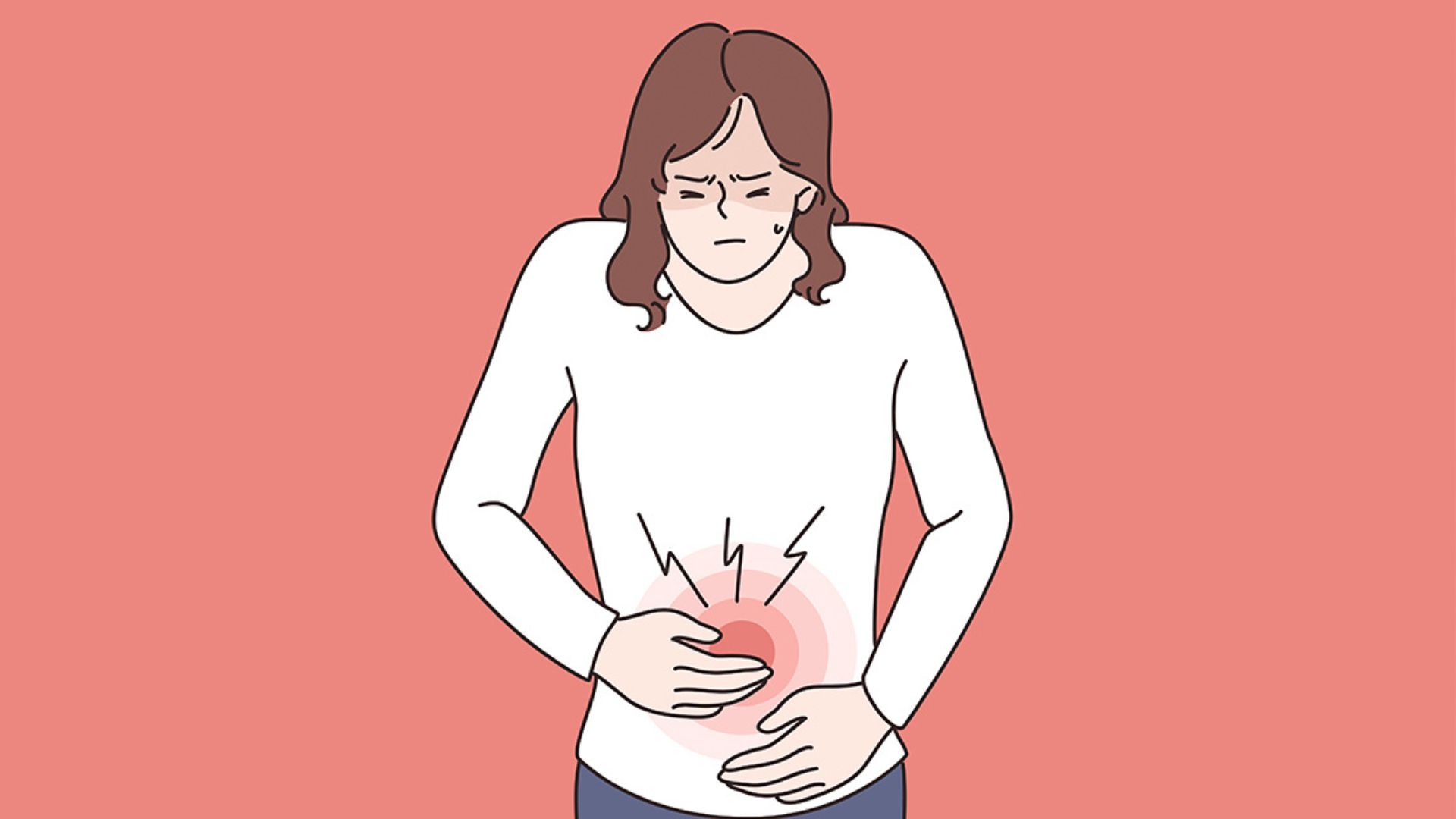Amidst a devastating second wave that has caught the entire country off-guard, there has been widespread reportage on shortages in oxygen supply and the resultant loss of precious lives in utterly tragic circumstances. Even as the whole nation remains on tenterhooks with authorities scrambling to address this shortage of oxygen as early as they can, there is yet another shortage looming ahead threatening to challenge and overwhelm our healthcare machinery. There is an impending dearth of blood and plasma donors. A tribe which could suddenly ‘go extinct,’ now that the vaccination programme for those in the age group of 18-45 has got underway from May onwards.
WHY THE FEAR OF SHORTAGE OF BLOOD/PLASMA DONORS LOOMS POST-THIRD STAGE
Notwithstanding the patchy manner in which the programme has started, the third phase of vaccination for those aged between 18 and 45 is set to cover nearly 60 crore people. This youthful demographic forms a significant and weighty component in the 130 crore plus population. Even assuming that the actual inoculation of this entire demographic may take long enough, a substantial number of potential blood donors would increasingly become ineligible to donate blood and its components. Aside from the fact that a person can donate blood only after every three months, there are stipulated temporal restrictions for those who would wish to donate blood after their Covid-19 jabs. For instance, those taking the Covaxin injection would have to wait for 28 days from the time of vaccination and since there are two doses that one has to take, it essentially amounts to 56 days of waiting time before a person can donate blood. Similarly, those opting for Covishield would have to wait even longer since the second booster dose can be delayed up to eight weeks from the first dose. As a result, millions of our youngsters would become ‘unqualified’ for blood donation for nearly 56-84 days since their first Covid-19 jab. And under normal circumstances, since young people are encouraged to donate blood as against the older folks who are usually dissuaded from donating blood, the earlier vaccination of older people (up till 65 years of age) would not matter here even if they would be technically eligible to donate.
A BLOOD-DEFICIENT INDIA ALREADY FACING SHORTFALL SINCE THE FIRST WAVE
By several estimates, India is already a blood deficient country. Even before the Covid-19 onslaught, a Lancet research in 2019 had advanced that India was faced with a shortage of 41 million units with demand outweighing supply by a mammoth 400%. For a country with a high disease burden with limited and iniquitous access to healthcare, this revelation was demoralizing enough. The advent of Covid-19 with its accompanying mobility restrictions and the sheer fear of getting infected with the deadly virus would have been a further deterrent to anyone volunteering to donate blood. States such as Kerala, Maharashtra, West Bengal and Odisha were all reported to be facing scarcity from the early phases of the first wave lockdowns itself. The upheaval had impinged on the availability of precious blood for a large number of patients of cancer, sickle-cell disease and thalassemia, mothers suffering a postpartum haemorrhage, and those requiring emergency surgeries.
FALLOUT ON PLASMA AVAILABILITY TOO
With convalescent plasma having been recommended for Covid-19 patients, plasma has become a precious commodity with the mainstream media repeatedly reporting on the shortage of Covid-recovered plasma donors. Notably, a good number of the 18-45 demographic going to take the injection in the third phase would have recovered from Covid-19 earlier without the vaccines in the pre-vaccine phase itself, and who would have been otherwise eligible to donate plasma. But now those recovered young patients too would have to wait for two to three months before they could donate their plasma towards the ongoing Covid-19 fight. Alternatively, it may well be argued that vaccine being the most potent weapon is our de-facto foremost option and plasma is only a secondary tool. Yet, that the upcoming vaccination covering the entire youth in the country constrains our options in the immediate term can’t be denied.
THE VOLUNTARY NATURE OF BLOOD DONATION INHERENTLY LIMITS OPTIONS
We know that blood and related material can become lifesaving in several conditions and diseases which are prevailing in the country. Given the voluntary nature of donating blood coupled with the misconceptions and ill-conceived fears surrounding donating blood, the odds are inherently stacked against sufficient supplies of donated blood being available in the country.
A FEW STEPS THAT THE GOVERNMENT CAN CONSIDER
Since the sheer ferocity of the second wave rules out the organising of extensive outdoor blood donation camps nowadays, the government can consider a series of steps to head off the upcoming shortage. One, they must get a full and updated account of all the existing blood and related material from all the states down to the last district sourcing information and data from all hospitals and blood banks, both private and public. Second, an estimate must be ready at hand on the quantum of blood that might be required in the forthcoming future in each district and state are drawn based on usage patterns in the past, the prevailing burden of diseases and patient population. Third, armed with data, the government must have blood transportation teams in place with state capitals ideally serving as hubs for further transportation to hospitals and patients in the shortest possible time. Fourth, although donating blood is a voluntary exercise, politicians, celebrities, and public icons should publically donate blood before their upcoming vaccination promoting blood donation as a noble objective. Several public figures, who are aged below 45 years, could take this up to inspire the common youth to donate blood before getting vaccinated. This would keep the supplies of blood up and running.
At the same time, the authorities would also take heart to the fact that the upcoming situation is not as grim as it looks apparently. After all, it would take a considerable time for this entire demographic to get their full doses allowing sufficient time in between for the government to replenish the blood supplies from time to time. With elective surgeries postponed and accidents having reduced due to lockdowns, there would be some breathing room too. Mostly, bleeding disorders, emergency surgeries and deliveries would test the government’s blood supply management. The government simply needs to find that balance between the pace of vaccinating this demographic and impressing upon sufficient numbers in time to donate blood before they take the jab.
The writer is the President of the Council for Healthcare and Pharma and the Founder of Reva Pharma.

